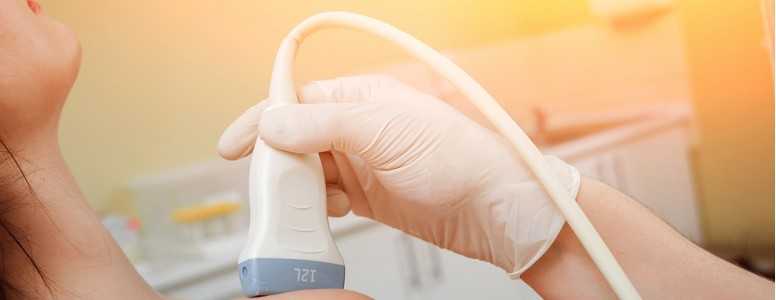Researchers may have identified a new approach to predicting whether someone may be at risk of type 2 diabetes.
A team from the Henry Ford Hospital discovered a trend during routine ultrasounds of people’s shoulders, which are normally carried out to detect rotator cuff injuries.
They found the deltoid muscle, which sits on the top of the shoulder and the uppermost part of the arm, is significantly brighter in people who have type 2 diabetes, or those at high risk of developing the condition.
Study lead author Dr Steven Solima, a Henry Ford musculoskeletal radiologist, said: “Our study shows that diabetic patients are having changes within their deltoid muscles, demonstrated by a bright appearance on ultrasound, indicating that maybe earlier treatment is warranted.
“And patients who may be undiagnosed and missed, such as prediabetics or diabetics who haven’t been diagnosed yet, may be able to be diagnosed earlier.”
The trial involved 186 people, 137 of whom who had already had type 2 diabetes. Forty-nine participants were obese and did not have diabetes.
The findings showed there was an 89% predictive value of type 2 diabetes in those who had visible brighter deltoid muscles during their ultrasound.
Although the research team are not certain why the changes occur in the shoulder muscle, they have suggested it might have something to do with insulin resistance impacting low levels of glycogen.
Dr Soliman added: “We believe you could use shoulder ultrasound as a supplemental screening option to evaluate for the appearance of a hyperechoic deltoid muscle. This could be used to evaluate for the multitude of patients who do not know they have diabetes.”
The study’s findings are being presented at the Radiological Society of North America that is taking place in Chicago.
What's new on the forum? ⭐️
Get our free newsletters
Stay up to date with the latest news, research and breakthroughs.






